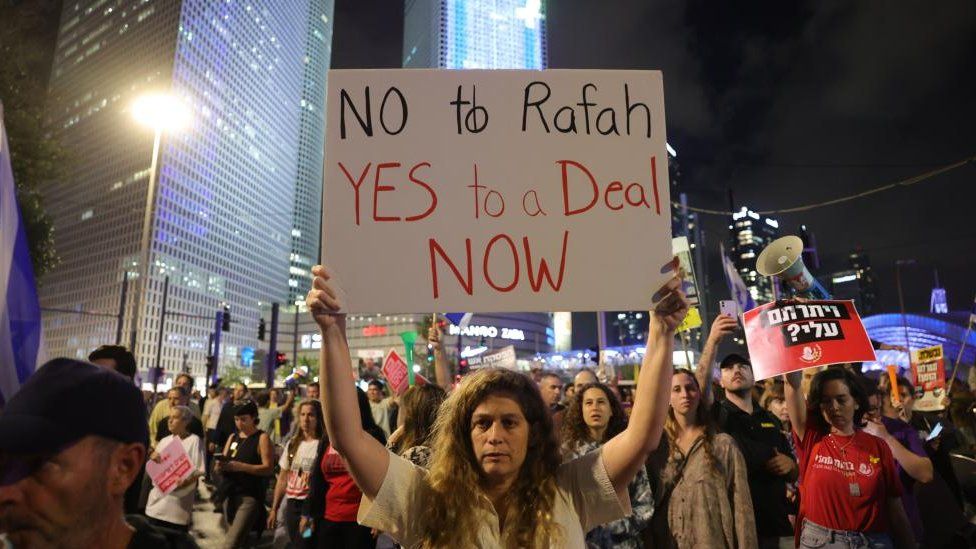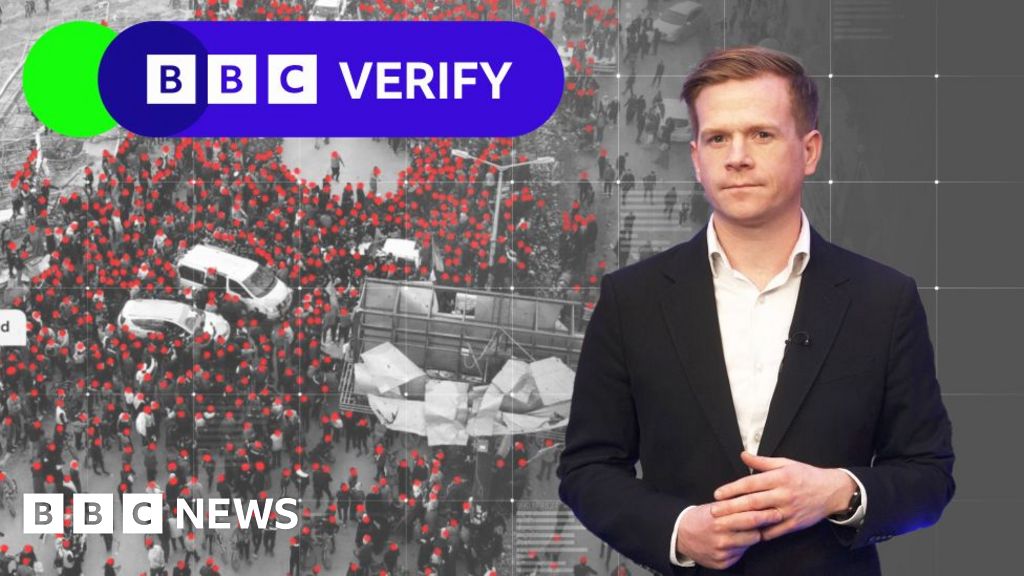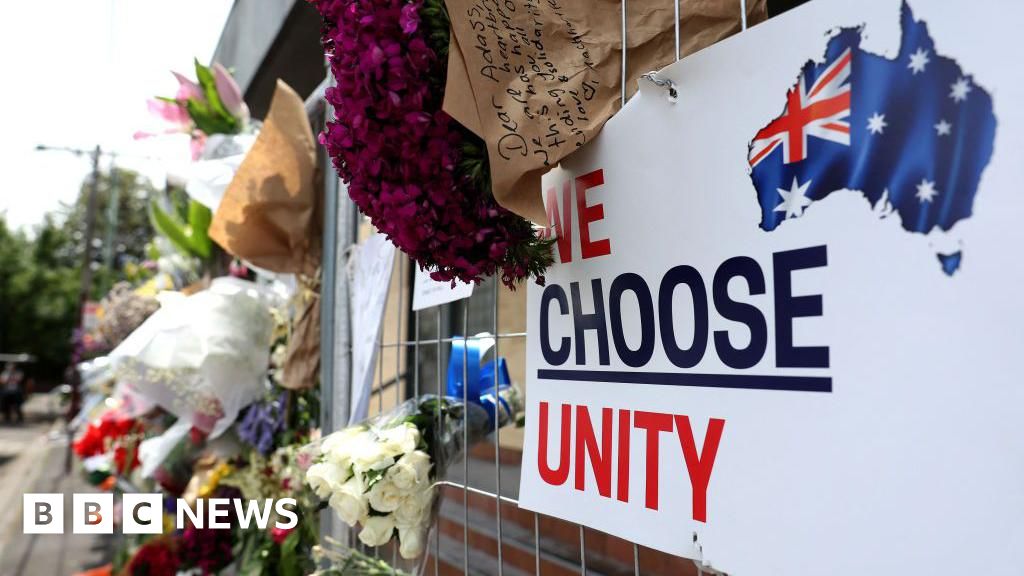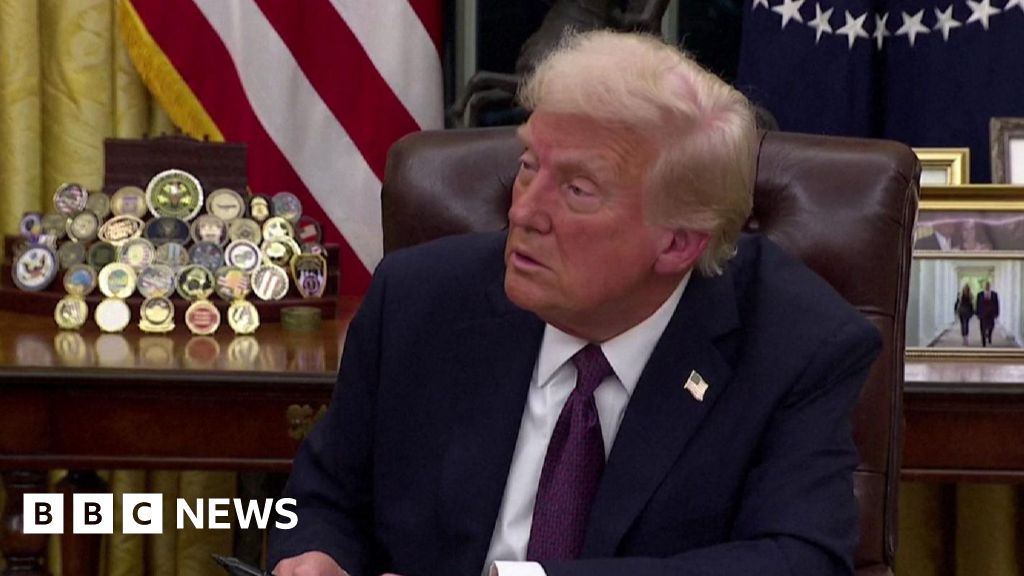ARTICLE AD BOX
 Image source, EPA
Image source, EPA
News Hamas had accepted a proposal sparked protests demanding Israeli leaders do the same
By Jeremy Bowen
International editor
The Hamas ceasefire announcement surprised most observers and upended Israel's expectations of what might happen in the next few weeks.
Israel's working assumption was that Hamas would not accept a ceasefire proposal that the Americans called "exceptionally generous". At first light, Israel warned Palestinians to flee the eastern side of Rafah, because of an imminent military operation.
The Americans oppose any ground operations in Rafah that could threaten civilian lives. The Israeli defence minister, Yoav Gallant, explained to his American counterpart that there was no alternative - as Hamas had rejected every proposal for a temporary ceasefire and a release of hostages.
Mediators from the US, Egypt and Qatar continued to push for a ceasefire. The head of the CIA, William Burns, spent much of the day in meetings with the prime minister of Qatar in Doha, the capital city that is also the base for the political leadership of Hamas.
By the evening, as Hamas announced it would accept a ceasefire, Palestinian sources hinted it might be ready for a long-term truce.
Israeli Prime Minister Benjamin Netanyahu's first public response was to say that Hamas was "far from meeting Israel's demands". Nonetheless, he has dispatched a delegation to discuss it.
The prime minister is a political bind. His coalition government depends on the support of Jewish ultranationalists. They've demanded a full occupation of Rafah and threatened to topple the government if that doesn't happen. A ceasefire would mean no Rafah offensive.
At the same time, families and supporters of Israeli hostages have been demonstrating, blocking major roads to demand that Israel accepts the deal to get them back home.
The Americans also want a deal. President Joe Biden's support for Israel, even as its army killed huge numbers of Palestinian civilians, is costing him political support in an election year.
Hamas has put Mr Netanyahu under pressure. If Mr Biden pushes him to accept a ceasefire he'll have to choose between his government's survival and the vital support the US president has given him since the 7th October attacks.
A ceasefire would also mean that Israel had not achieved the "total victory" prime minister Netanyahu has sworn to deliver.
More negotiations, and tough choices, come next.

 8 months ago
80
8 months ago
80








 English (US) ·
English (US) ·